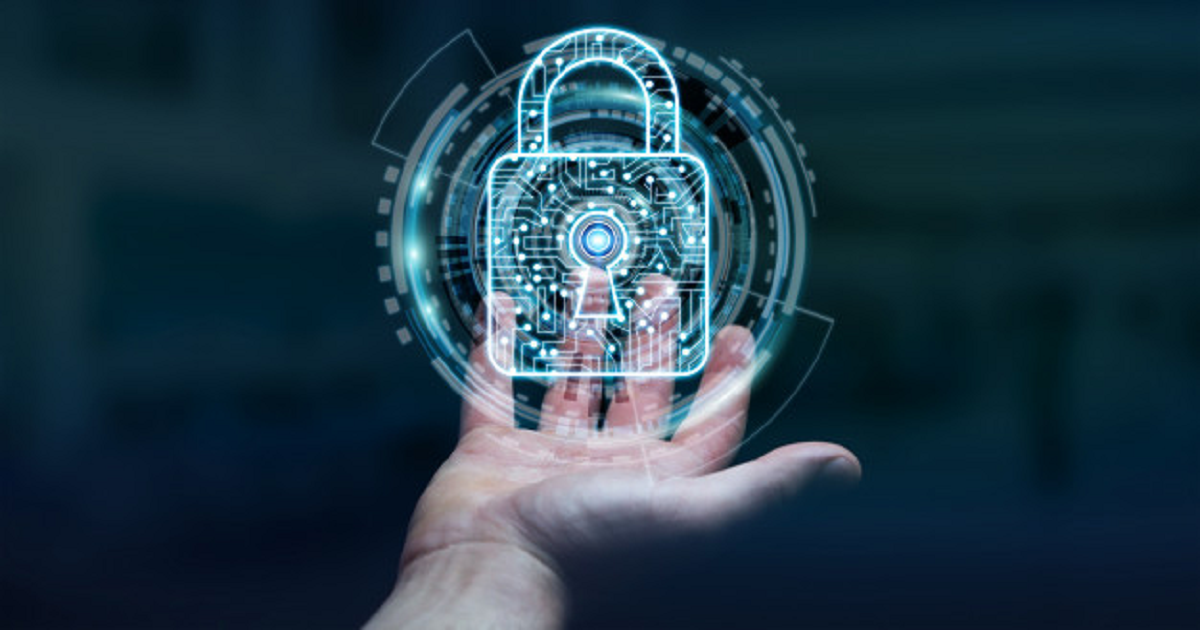Huawei and RCR Wireless Host a Fireside Chat on Zero-Trust Cybersecurity Strategy

In collaboration with RCR Wireless, Huawei Technologies USA held a fireside chat with Andy Purdy, Chief Security Officer at Huawei Technologies USA, and Sean Kinney, Editor in Chief at RCR Wireless, to explore how organizations can understand and adopt zero-trust strategies. Purdy, a cybersecurity specialist, provides insights into accelerating the global adoption of standardized processes for ensuring the security of all telecom devices. He also discusses the wider implications of Huawei's inclusion on the US export controls list on the supply chain. While the list was established to protect national security, it has grown in scope and has had unexpected consequences for the global supply chain.
The fireside chat, which can be seen here, goes into greater detail on the importance of reestablishing global trust and cooperation to maintain a regular supply chain. Zero-trust cybersecurity strategies can promote an environment for innovation while also protecting national security through an intervention based on facts, verification, transparency, and risk management. The zero-trust model, which is based on never trusting and always verifying, assists companies in minimizing damage and reducing the possibility of hackers trying to infiltrate their systems. Following SolarWinds and other cyberattacks, the cybersecurity community has recognized the crucial importance of transparency and accountability. Experts emphasize the growing importance of incentives to encourage companies to uphold secure cybersecurity practices, as well as the need to hold organizations accountable when they fail to do so.
Are telecom operators building their networks following zero-trust principles? What will experts do to improve industry assurance, accountability, and transparency? What else will Huawei do to push for the global adoption of standardized processes for checking the security of all telecom equipment, not just Huawei's? And how has Huawei's inclusion on the U.S. Commerce Department's Bureau of Industry and Security entity list affected the company overall? Purdy and Kinney delve into these and other issues, including actionable insights into making cyberspace safer and more transparent by using zero-trust cybersecurity.
About Huawei
Huawei is a world leader in infrastructure and smart devices for information and communications technology (ICT). We are dedicated to bringing digital to every person, home, and enterprise through interconnected technologies across four key domains – telecom networks, IT, smart devices, and cloud services – for a fully connected, intelligent world.
Huawei's whole product, solution, and service portfolio are both competitive and secure. We create long-term value for our customers by an open partnership with ecosystem partners, collaborating to empower people, enhance home life, and inspire innovation in organizations of all sizes.
Huawei innovates to meet the needs of its customers. We make significant investments in basic research, focusing on technological breakthroughs that drive the world forward. We hire over 188,000 people and operate in over 170 countries and regions. Huawei, which was established in 1987, is a private company that is entirely owned by its employees.